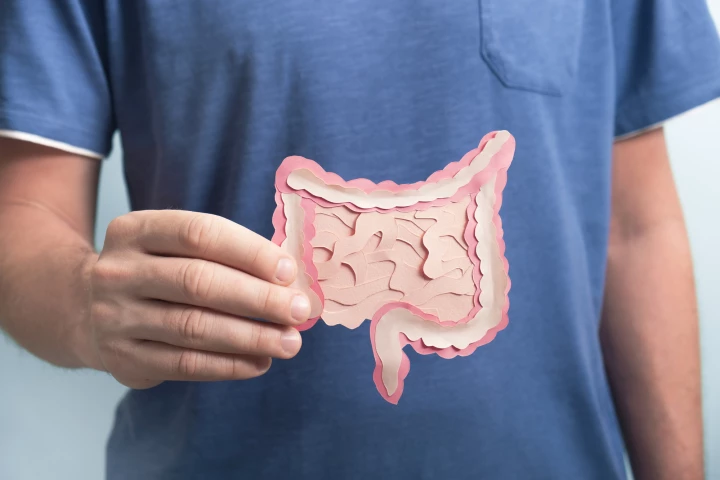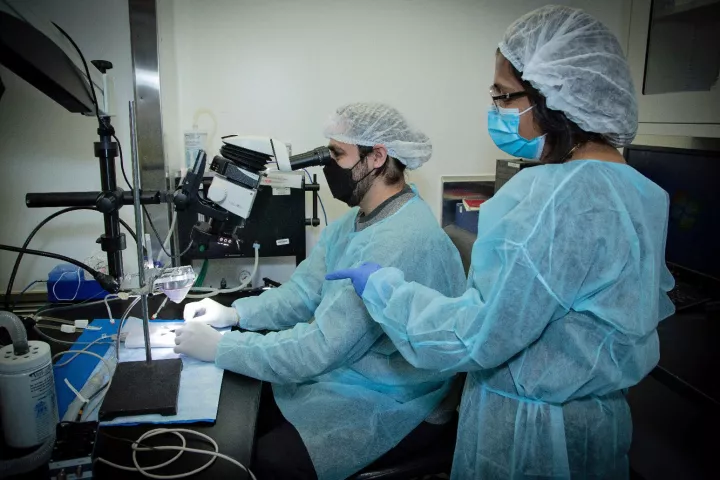Metabolic syndrome
-
New research has found that men’s and women’s metabolisms favor eating different foods at breakfast time and could be key to developing personalized nutrition strategies that help to address health issues or lose weight.
-
New research has homed in on the way our genes can be turned up or down depending on levels of physical activity. The unique study focused on exercise-induced epigenetic differences in genetically identical twins.
-
Researchers from Rutgers University have conducted a close investigation of the metabolic differences between night owls and early birds, finding those who prefer staying up late may be at greater risk of type 2 diabetes and heart disease.
-
A new animal study has shown sugar contributes to metabolic diseases by altering the microbiome. The findings reveal how certain gut bacteria protect against the harmful effects of a high-fat diet, and how sugar disrupts those protective mechanisms.
-
A preclinical study has demonstrated, across several animal studies, how an experimental drug can treat type 2 diabetes by increasing the expression of a recently discovered protein found to influence insulin signaling in cells.
-
A trial testing fecal transplants in obese subjects with metabolic syndrome found the treatment was only beneficial when accompanied by non-fermentable fiber supplements. The trial saw improvements in insulin sensitivity 6 weeks after a fecal transplant.
-
Obesity is one of the most pressing health problems, but a new study suggests a potential non-invasive treatment. In tests in mice, researchers found that directing ultrasound to the liver helped reduce a number of markers associated with obesity.
-
For years, studies have linked short sleep patterns with obesity. Generally researchers have suspected poor sleep causes obesity but a new study has flipped it suggesting obesity may be causing the poor sleep, and not the other way around.
-
A study is suggesting restricting food intake to a 10-hour window each day may be a simple way to help treat metabolic syndromes. The 12-week study revealed the intervention, in conjunction with prescribed drugs, improved patients’ health outcomes.
-
New research has discovered how gut bacteria can directly influence blood sugar levels by promoting the synthesis of gut-derived serotonin.
-
New research demonstrates how a high-fat diet can disrupt levels of an intestinal immune cell known to help regulate microbial populations in the gut. The study shows how low-levels of this molecule result in increased growth of harmful gut bacteria, leading to inflammation and insulin resistance.
-
A new study has described how an impaired immune system can alter the composition of the gut microbiome resulting in metabolic disease and obesity. Demonstrated in mouse experiments the research suggests certain species of gut bacteria can prevent the gut from absorbing fat.
Load More











